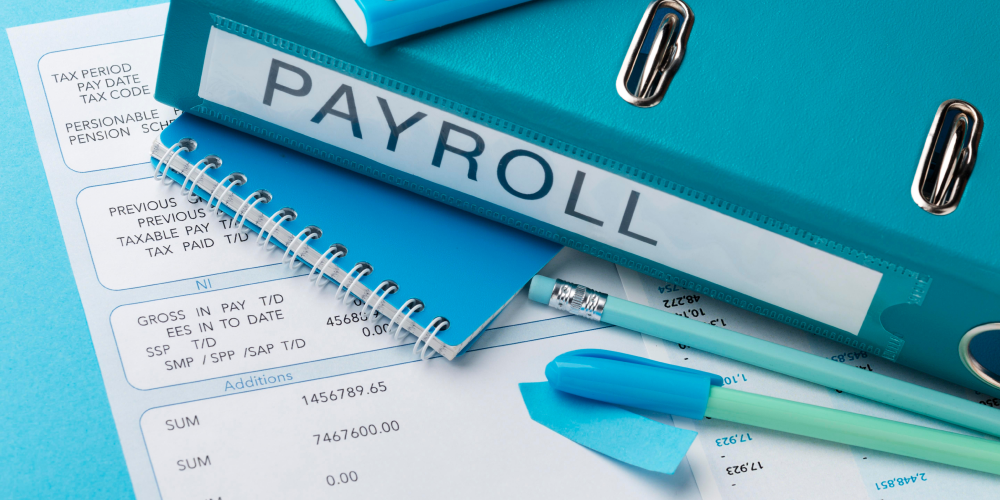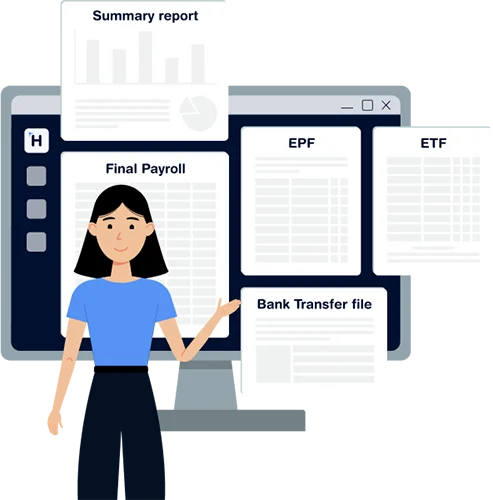Are you aware of the hidden treasure awaiting employees? Sri Lankan labor law mandates that, upon termination of employment, employers extend a lump sum payment known as gratuity as a token of appreciation for the years of service rendered by their staff. This provision applies to individuals who have dedicated at least five years of continuous service. As employers and employees alike navigate their rights and responsibilities during the termination process, understanding the nuances of gratuity practices in Sri Lanka becomes crucial. Interestingly, the topic of gratuity has regained prominence with the proposed changes in the upcoming Employment Law Bill, particularly in relation to potential alterations in gratuity eligibility and rules. In this blog, we will delve into 6 things that you might be interested in to know about gratuity.
1. Which law applies to gratuity?
The Payment of Gratuity Act No. 12 of 1983 governs the payment of gratuity in Sri Lanka. The act applies to employees who have completed five or more years of continuous service in an organization, irrespective of whether they are permanent, temporary, or contract employees.
2. Who is eligible for gratuity?
To be eligible for gratuity, an employee should have been employed in an institution that employs 15 or more employees during 12 months preceding the date of terminating or terminated the employment of the employee and must have completed a minimum of five years of continuous service with the same employer. However, if an employee dies, becomes incapacitated, or retires due to ill health before completing five years, they may still be entitled to gratuity.
Domestic servants, personal drivers for private households, and employees eligible for a pension under a non-contributory pension scheme are exempted from the gratuity.
3. How to calculate gratuity?
The gratuity amount is calculated based on the employee’s last drawn salary and the duration of their service. According to the Payment of Gratuity Act, the gratuity payment is calculated at the rate of 15 days’ wages for each completed year of service. The daily wage is calculated by dividing the monthly salary by 26.
Certainly! Based on the provisions of the Payment of Gratuity Act, you can use the following formula to calculate gratuity: Last drawn monthly salary /2) * No. of years worked
For workmen employed as laborers:
Gratuity = (15/26) x Last Drawn Salary x Completed Years of Service
For the period of service before the commencement of their liability to contribute to the Employees’ Provident Fund (EPF), the formula is:
Gratuity = (15/26) x Last Drawn Salary x Completed Years of Service
For the period of service after the commencement of their liability to contribute to the EPF, the formula is:
Gratuity = (15/30) x Last Drawn Salary x Completed Years of Service
For workmen employed in capacities other than laborers:
Gratuity = Last Drawn Salary x Completed Years of Service
Please note that “Last Drawn Salary” refers to the average salary of the last three months before the employee’s termination or retirement.
4. How does gratuity get taxed?
In Sri Lanka, gratuity payments are subject to income tax. However, a tax exemption is provided for the first Rs. 2 million of gratuity received by an employee. Any amount exceeding this threshold is taxable.
And, gratuity is exempted from tax when it is paid to an individual with personal injuries suffered by the person or the death of another person.
5. When to pay gratuity?
Employers are responsible for paying gratuity to eligible employees within 30 days of the termination of their service. However, it is common for employers to pay gratuity upon the employee’s retirement or resignation, rather than waiting for the full 30 days. If there is any dispute regarding the payment of gratuity, an employee can file a complaint with the Commissioner of Labor or pursue legal action through the labor tribunal.
Arrears and surcharge: What if you fail to pay?
Here’s a table outlining the surcharge percentages based on the duration of arrears for gratuity payment:
insert the table
The surcharge is calculated as a percentage of the sum due as gratuity.
The “due date” mentioned in the provision refers to the 30-day period following the termination of the workman’s services within which the gratuity payment must be made.
Conclusion
In conclusion, both employers and employees must have a thorough understanding of gratuity. Knowing the laws, calculations, taxation, eligibility requirements, and other crucial details enables fair treatment and efficient procedures. Employees benefit from being aware of their rights and having the skills to advocate for them, while employers must adhere to legal requirements. Planning one’s finances efficiently involves considering tax implications. We can promote transparency and fairness in the workplace and make sure employees get the advantages they are due by having a full understanding of gratuity.



